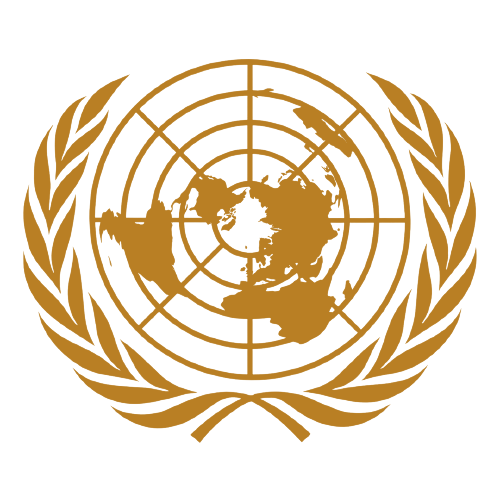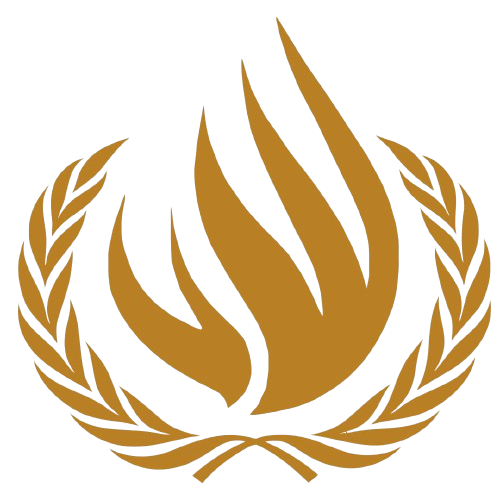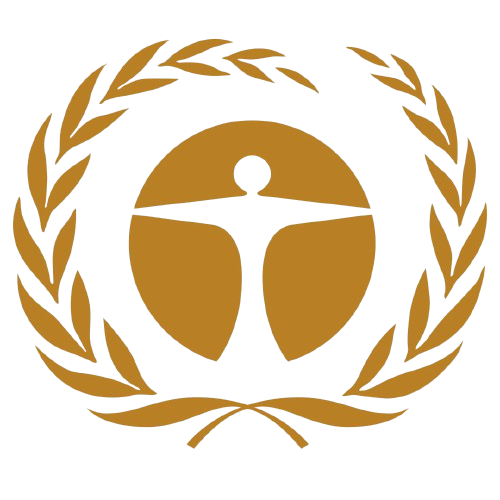
Committees


DISEC
Disarmament and International Security

DISEC
Disarmament and International Security
The United Nations General Assembly First Committee, also known as the Disarmament and International Security Committee, is one of six main committees at the General Assembly of the United Nations tasked with resolving issues pertaining to disarmament and international security and was the first main committee set up with the signing of the UN charter in 1945. Common agendas shouldered by this committee, include, but not limited to the following: nuclear disarmament, non-proliferation of weapons of mass destruction, cyberwarfare, advancements in military technology, etc. Delegates of this committee resolve said issues along the terms laid down by international treaties such as the NPT, Chemical Weapons Convention (CWC), Biological Weapons Convention (BWC) , Partial Nuclear Test Ban Treaty, etc. The DISEC may not directly influence the Security Council, however, it can advise it regarding matters pertaining to its mandate.Given its immense importance and influence over international order and security, diplomacy plays a vital role in resolving disputes, much like any other committee, yet to a much larger extent.
Visit the Committee Page!
Visit the Committee Page!

ICJ
International Court of Justice

ICJ
International Court of Justice
The International Court of Justice was first established in June 1945 and is set as the principal judicial organ of the United Nations. The Court has two main functions: To resolve and settle any legal disputes submitted by the states and to provide advisory opinions, both in accordance with international law. ICJ remains to be a distinct committee in MUNs as it acts like a moot court rather than the ‘traditional’ committees. It consists of two Presidents, fifteen judges, the Registrar and four advocates divided by two equal pairs representing the opposing sides on the trial in question.
Visit the Committee Page!
Visit the Committee Page!

UNSC
United Nations Security Council

UNSC
United Nations Security Council
The United Nations Security Council is the most controversial committee of the UN, as its main
role is to ensure that international peace is maintained, and it does so by exercising its unique
authorizations granted by the UN Charter to sanction member states, to deploy UN forces or to settle
multi-national disputes. The structure of the UNSC is also unique relative to other committees: the
Council consists of only 15 member states that change periodically (excluding P5 states, which possess
powers to veto resolutions).
Visit the Committee Page!
Visit the Committee Page!

UNHRC
United Nations Human Rights Council

UNHRC
United Nations Human Rights Council
The United Nations Human Rights Council (UNHRC), established in 2006, is a key UN body focused on promoting and protecting human rights worldwide, addressing thematic human rights issues like freedom of association and assembly, freedom of expression, freedom of belief and religion, women's rights, LGBT rights, and the rights of racial and ethnic minorities.
It consists of 47 member states elected by the General Assembly, reflecting diverse geographic representation. The UNHRC addresses various human rights issues through mechanisms like the Universal Periodic Review (UPR), investigates violations, issues reports, and makes recommendations. While it lacks enforcement powers, it influences international human rights norms through diplomacy and collaboration with governments and civil society.
Visit the Committee Page!
It consists of 47 member states elected by the General Assembly, reflecting diverse geographic representation. The UNHRC addresses various human rights issues through mechanisms like the Universal Periodic Review (UPR), investigates violations, issues reports, and makes recommendations. While it lacks enforcement powers, it influences international human rights norms through diplomacy and collaboration with governments and civil society.
Visit the Committee Page!

UNEP
United Nations Environment Programme

UNEP
United Nations Environment Programme
The United Nations Environment Programme (UNEP) is a key UN committee dedicated to addressing global environmental issues, focusing on topics such as climate change, pollution control, and resource management. It consists of member states that collaborate to develop and propose resolutions aimed at promoting environmental sustainability and responding to ecological challenges. UNEP emphasizes diplomacy and cooperation, working with governments, businesses, and civil society to tackle environmental issues and promote sustainability. Delegates in the UNEP committee work on crafting policies and strategies to address these pressing environmental concerns through discussion, negotiation, and consensus-building.
Visit the Committee Page!
Visit the Committee Page!

UNW
UN Women

UNW
UN Women
The United Nations Entity for Gender Equality and the Empowerment of Women (UN Women) is a dynamic committee dedicated to addressing the critical issues surrounding gender equality and women's empowerment on a global scale. As a specialized agency committee, UN Women plays a pivotal role in promoting gender equality, advocating for women's rights, and fostering inclusive societies.
Visit the Committee Page!
Visit the Committee Page!

UNODC
United Nations Office on Drugs and Crime

UNODC
United Nations Office on Drugs and Crime
The United Nations Office on Drugs and Crime (UNODC) is a specialized agency committee dedicated to combating illicit drug trade and transnational organized crime. As a vital component of the United Nations, UNODC plays a crucial role in promoting international cooperation, coordinating efforts, and developing comprehensive strategies to address these global challenges.
Visit the Committee Page!
Visit the Committee Page!
